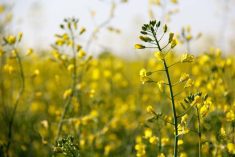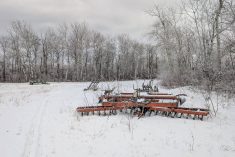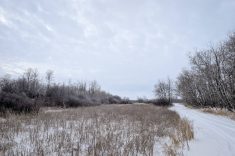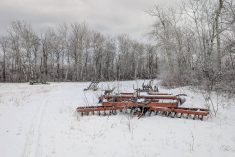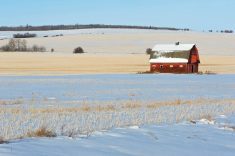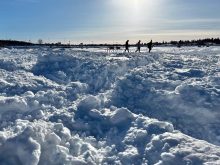Saskatchewan property owners draining land into the overflowing Quill Lakes in the east-central part of the province without prior approvals are being ordered to close those drains.
The provincial government’s Water Security Agency (WSA) on Thursday said it would invoke new drainage regulations passed last fall and require all unapproved drainage works flowing into the Quill Lakes to be closed before Oct. 1.
The Quill Lakes, about 150 km north of Regina, are saline lakes in a closed basin with no natural outlet.
The lakes were considered acceptable to drain water off surrounding lands up until about 2005, but since then have risen about seven metres in an ongoing wet cycle, swamping thousands of acres of farmland and infrastructure, the WSA said.
Read Also
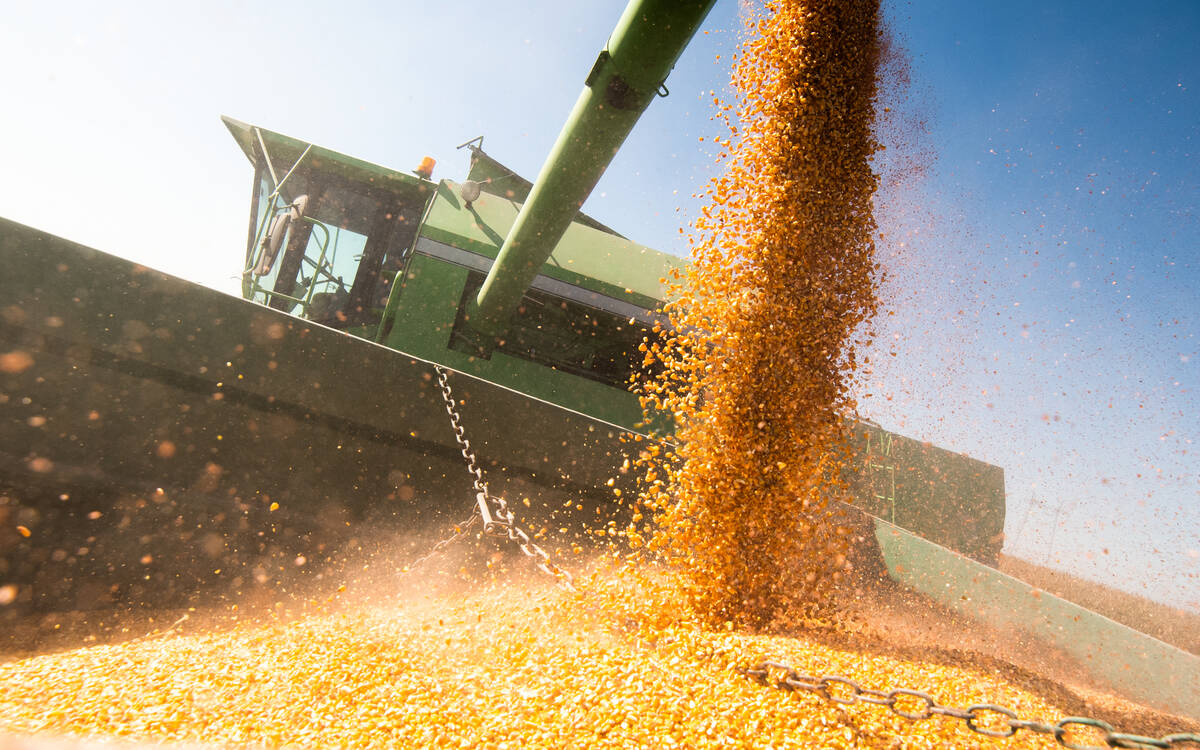
Feed Grain Weekly: Corn affecting barley prices in Lethbridge
Corn imports entering Lethbridge have lowered prices for feed barley compared to those in Edmonton.
If Big Quill Lake rises about another metre, the WSA said, it risks spilling southward into Last Mountain Lake — “something that has never happened in modern times,” the WSA said — and from there toward the Qu’Appelle River system.
The WSA said Thursday it will focus, starting “immediately,” on the “top 100” largest unapproved drainage works in the area that cause the greatest impact, and would work with landowners on inspections and to make sure closures take place.
Going forward, the province said, the WSA will not approve any drainage works that contribute more water to the Quill Lakes.
New regulations require drainage works to have an “adequate outlet” for WSA approval, but the Quill Lakes will not be considered adequate because of “flooding and environmental impacts.”
Any landowner with unapproved drainage works into the Quill Lakes will be asked to place a ditch block, made of “compacted material,” in the constructed drainage ditch in question at the natural high ground level.
If a drainage project can be built to divert water to an “alternative location” other than the Quill Lakes it could be considered for approval, the WSA said.
The WSA said it will also work with Ducks Unlimited (DU) Canada to “eliminate or limit flows” into the Quill Lakes from DU projects, such as those at Foam Lake and Ponass Lake.
The agency said it will work with DU to “re-establish the naturally higher water levels in these wetlands,” making for additional storage to prevent further flows into the Quill Lakes.
The Quill Lakes are “a priority area where impacts to landowners around the lake need to be addressed,” Herb Cox, minister for the WSA, said in a release Thursday.
“This is a very complex water management situation and, while there are no easy solutions to this issue, this is one step that will help us lower the lake level and prevent future flooding.”
The province said it has been looking into options to deal with rising levels on the Quill Lakes for “a number of years,” but all alternatives that involve storing water or diverting it elsewhere have “very significant costs and/or environmental consequences.”
In one case, the WSA noted, a proposal for a project last fall that “would have limited inflows to the lake and reduced the risk to infrastructure” required diverting water to Last Mountain Lake. The plan “did not proceed with a significant majority of the public not in favour of this approach.”
“We appreciate the challenges the Quill Lakes has created and the action the provincial government is taking to enforce these drainage regulations,” Norm Hall, president of the Agricultural Producers Association of Saskatchewan, said in the province’s release.
“This will help to address the flooding issue and ultimately reduce the level of the lake.”
“We support the enforcement of these drainage regulations across the province and this is a key area where closing unapproved projects will have a significant benefit,” Saskatchewan Association of Rural Municipalities president Ray Orb said in the same release.
The WSA last year estimated about 58,000 acres of public land and 27,000 acres of private land were flooded and up to 56,000 more acres of private land were at risk if the wet cycle that has fed the Quill Lakes continues.
Canadian Pacific Railway track in the area and stretches of provincial Highways 6, 16 and 35 are also threatened, the WSA said. — AGCanada.com Network


